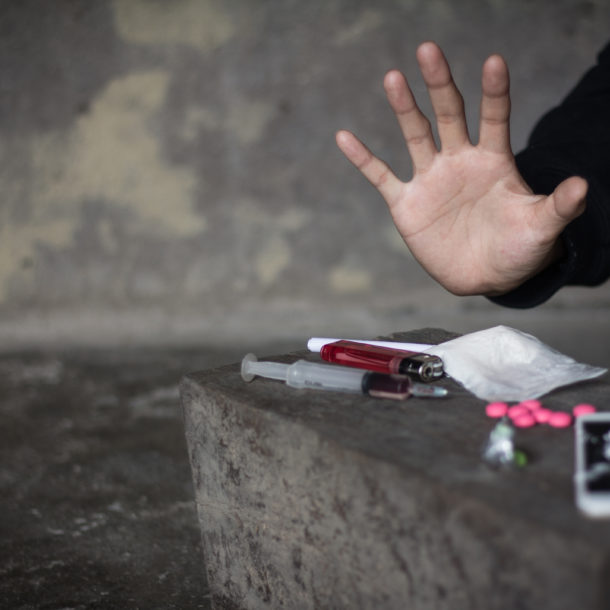
The teen years are often challenging to navigate. During this crucial period of development, a teen’s body and brain go through unbelievable changes. With increased expectations to do well academically as well as increased peer and social media pressures, teens can feel extremely overwhelmed with their lives. While many teens learn to navigate the difficulty of their teen years, there are some who struggle to cope with these changes. As a result, they can develop mental disorders such as depression.
Teen depression is more common than many people think. According to a survey done by Pew Research Group, 13% of U.S. teens ages 12 to 17 (or 3.2 million) said they had experienced at least one major depressive episode in 2017. This percentage was almost double what was reported the previous decade. If you suspect your teen is experiencing depression, this article will give you further information on depression in teens, the signs of depression in teens, and where you can get help for your son or daughter.
Commonly known as major depressive disorder, depression causes profound feelings of sadness and a loss of interest in the activities that were once enjoyed. Depression isn’t simply the case of the “blues”; it is a debilitating condition that leads to significant emotional and social problems. Over time, depression severely impacts how people function at work and school and how they interact with family and other loved ones.
Depression is commonly seen in adults, but it is increasingly being seen in young children and teenagers. Teenage depression creates a significant lack of focus, and they feel like they can never enjoy their life. If not addressed proactively during these years, teen depression can develop into more serious mental health issues as they reach adulthood.
There are a variety of causes for depression. One major underlying cause of depression in teens is a family history of mental illness. There isn’t a specific gene or sequence of genes that can be traced to depression, those growing up in a household where depression is prevalent run an increased risk of developing depression. Another cause of teen depression is chronic health issues. Since teenagers undergo dramatic changes in both brain and body, drastic hormonal changes can lead to the development of depression.
Another significant factor that can lead to the development of depression in teens is traumatic life events. These can include the following:
Depression in teenagers is expressed differently when compared to adults. When adults feel depression, they often talk about their emotional pain. In teenagers, they describe the physical pain they feel. Those who deal with teen depression report physical symptoms such as upset stomach, headaches, overall malaise, and “not feeling well.” Those young people suffering from teenage depression may not experience the same sleep disturbances found in adult depression.
Teens who suffer from depression may still be able to sleep, but they will sleep at odd hours. Additionally, teens may isolate from their family but will still associate with their friends. The major signs of teen depression include the following:
For those who suffer from teen depression, the feelings they experience can be very intense. This is understandable given the extreme body and brain changes. When teens experience depression, they are often told that “feeling the blues” is a normal part of growing up. However, when those feelings persist and worsen, teens may feel apprehensive about telling their parents they need help due to stigma. As a result, they may turn to drugs and alcohol in order to cope with their feelings.
While substances help teens deal with their feelings, they aren’t dealing with the underlying roots of their depression. What started out as casual or “maintenance” use can gradually snowball into dependence and even full-blown addiction. If a teenager develops an addiction and depression, they have what is known as dual diagnosis, which can be extremely difficult to treat.
Depression in teens is a serious issue that must be immediately addressed through professional help. Teen mental health treatment in Santa Monica is available to those in need. If your son or daughter is struggling with teen depression, call the experienced professionals at Thrive Teen Treatment right now. Our treatment staff has years of proven experience in working with teenagers with mental illness as well as addiction. Our effective evidence-based treatment programs are tailored to meet your teen’s unique needs. Give your child the help and healing they need, and call Thrive Teen Treatment today.